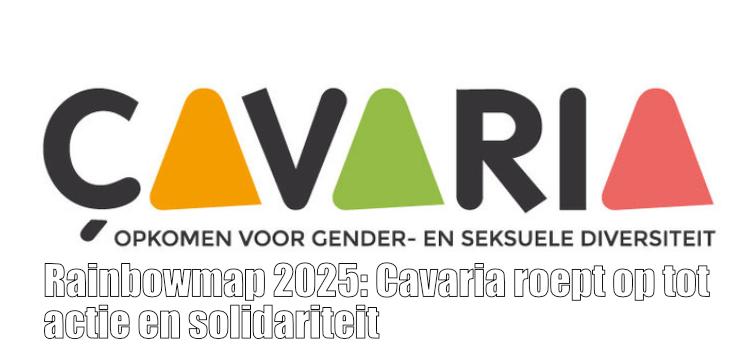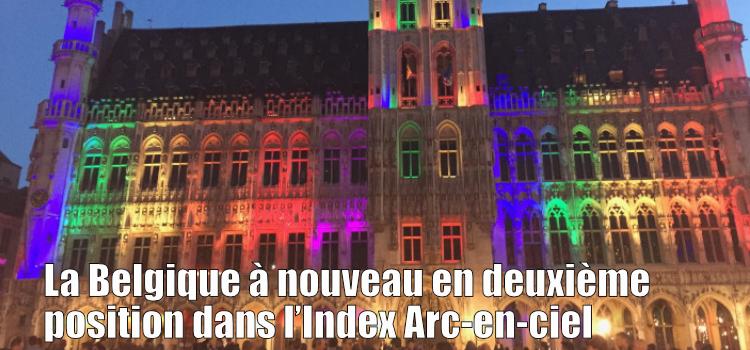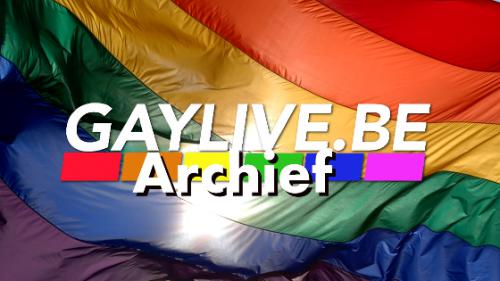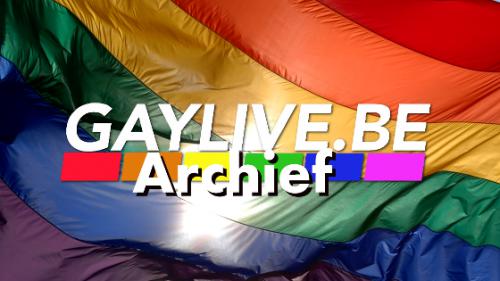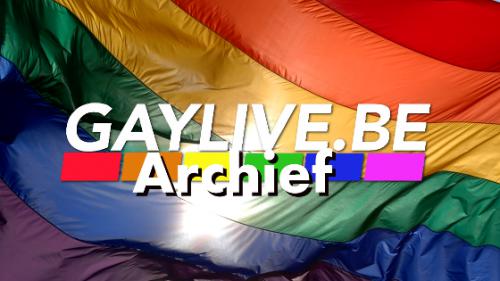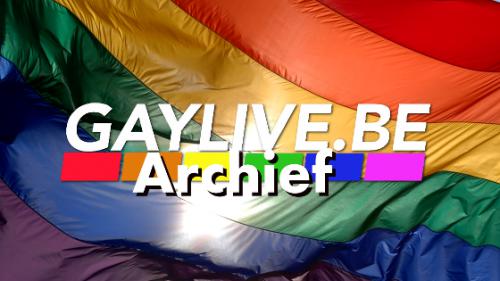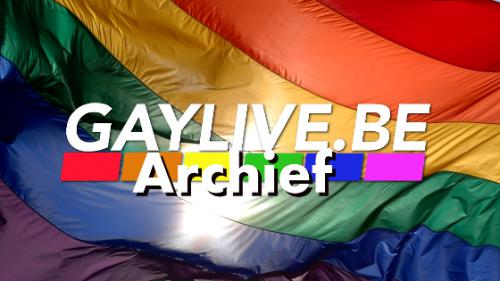In 2024, more than one-third of hate crimes reported to Unia and the Institute for the Equality of Women and Men targeted LGBTI individuals. Unia closed 136 cases related to sexual orientation, surpassing those concerning other protected characteristics such as race or religion.
Among these cases, 35% involved homophobic, lesbophobic, or biphobic acts. Over a third involved physical assaults, with a similar percentage involving serious intimidation. Perpetrators are often young men targeting other men, sometimes through dating apps like Grindr.
In at least eight instances, victims were lured, insulted, threatened with knives, assaulted, and extorted. The suspects will appear before the Brussels Correctional Court on May 14. Unia has joined this case as a civil party, as it has in ten other homophobic aggression cases since early 2024.
“These attacks send a hostile message to an entire community. Unia informs the courts so that the discriminatory motive is considered an aggravating circumstance,” emphasizes Els Keytsman, director of Unia.
Transgender Individuals Particularly Targeted
The Institute handled 74 cases in 2024 related to medical or social transition, and 80 concerning gender identity. Transgender individuals are frequently discriminated against in the workplace (47 reports), as well as in the insurance and healthcare sectors.
Anti-gender rhetoric on social media and in the media challenges their legitimacy. Hate is sometimes expressed subtly, through humor or parody, contributing to a transphobic climate.
Reports concrning intersex individuals account for less than 1% of cases received, indicating a lack of public awareness. Yet, five children are born each day in Belgium with variations in sexual characteristics. This ignorance fosters intersexfobia, sometimes pressuring parents into consenting to unnecessary medical interventions.
Encouragement to Report Incidents
Unia and the Institute encourage victims and witnesses of discrimination, hate speech, or hate crimes to file a complaint with the police, where a specific report will be prepared.
However, victims of homophobia, biphobia, or transphobia often hesitate to file complaints due to fears of coming out, being poorly received, stigmatized, or that their complaint may impact their private or professional lives.
According to a European study, only 14% of LGBTI+ victims in Belgium report incidents to the police, indicating underreporting. Reports can also be made to Unia or the Institute, which provide support to victims.
Call to Authorities
During the previous legislature, each level of government developed its own action plan against LGBTI-phobia, leading to fragmented efforts. Unia and the Institute advocate for an ambitious interfederal action plan that enhances cooperation among various levels of government.
Lees meer









